Lesson 2: Prospects from the Organic Coconut Cooperative model
Overcoming the disadvantage of soil, organic coconut gardens in Tay Ninh are growing greener day by day, demonstrating innovation in local agricultural production.
Coconut garden of Mr. Nguyen Van Tien
Ben Tre coconut in the "sunny land"
When it comes to coconut, people often think of Ben Tre (now Vinh Long) - the "capital" of coconut in the country. Therefore, if they do not witness the lush green coconut gardens in Tay Ninh, few people believe that this tree species, which is familiar to the Mekong Delta, can grow well and bring high economic efficiency on the land known as the "sunny land".
Mr. Nguyen Van Tien (residing in Phuoc Vinh commune) is one of the pioneering and successful farmers with the organic coconut growing model. Standing next to the rows of green coconut trees in the harsh, windy land, he said: born and raised in the coconut land of Ben Tre, in 2008, when he got married in Tay Ninh, he brought about ten coconut trees from his hometown to try planting. At that time, rubber was still expensive so he only planted intercrops. In 2017, when rubber prices dropped, he decided to cut down the rubber trees to plant coconut trees en masse.
“At first, I planted dwarf coconut trees but many of them were not of good quality. Learning from experience, I gradually eliminated and replaced them with new varieties such as Ben Tre red coconut, Malaysian red coconut and green coconut. These are all coconut varieties with a short growing period, bearing fruit after only 2-3 years, high yield, sweet water, favored by the market so the selling price is stable at a high level. In particular, coconut trees are harvested all year round, planted once but exploited for up to 30 years. The tree trunk is about 3-4m, making harvesting easier and more convenient for growers,” Mr. Tien shared.
Mr. Tien added that Tay Ninh has a system of irrigation canals and ditches covering the entire area, ensuring a stable source of irrigation water. In addition, the locality also has abundant agricultural waste and by-products from sugarcane, cassava, pineapple, etc. Taking advantage of this, he combines coconut husks with microorganisms to produce organic fertilizer, both improving the soil and reducing input costs, replacing chemical fertilizers.
Regarding pest and disease control, he applies the method of raising parasitic bees under the coconut canopy for natural control; absolutely does not use herbicides, growth stimulants or other toxic chemicals during the cultivation process.
However, Tay Ninh has a limited salinity compared to Ben Tre coconut. To help the coconut water reach the same sweetness, during the cultivation process, he adds salt to balance the minerals. Thanks to that, his coconut not only has high yield but also has stable quality, favored by the market.
Mr. Nguyen Van Tien uses biological waste to compost fertilizer for his coconut garden.
As proof, Mr. Tien took us to see the coconut stalls laden with fruit. He shared that there are many strains of fungi and probiotics on the market, creating favorable conditions for farmers to produce organic fertilizers at home.
“If you have never used organic fertilizer, many people often think that the effect is not high, but try using it for about 6 months and you will see clearly: chemical fertilizers help plants grow quickly but have a short effect, causing the plants to quickly weaken, the leaves to turn yellow, and the fruit season is often sparse. Using urea or NPK, coconut trees can grow quickly but when exposed to frost, they easily turn over and lose fruit en masse. On the contrary, applying organic fertilizers helps the trees stay green and durable, with higher and more stable productivity later on. If you observe carefully, you will see that the shell of organic coconuts is porous and easier to separate than coconuts fertilized with chemical fertilizers,” said Mr. Tien.
Developing organic coconut cooperative model in border commune
Not only stopping at effective farming, in order to overcome the situation of small, scattered, fragmented production and gradually increase the value of agricultural products, in April 2019, Mr. Tien gathered members to establish the Vietnam Coconut Agricultural Service Cooperative 78. According to him, the Cooperative was established not to "follow" the new rural criteria like many other places but to aim for a sustainable production and business model.
Mr. Nguyen Van Tien and his wife with the promising organic coconut cooperative model
Currently, in addition to the family's 15 hectares of coconut, the cooperative has also linked with many households, increasing the total area to nearly 300 hectares. People in the area often own large planting areas (1-10 hectares/household), so the association helps to collect output, enough to meet large orders.
The cooperative approaches farmers by purchasing directly, signing contracts, and providing technical support, materials, and guidance on organic and safe production. Farmers have seen the obvious results, so they have introduced themselves and encouraged more households to join.
“Even when the market is difficult and the price of coconuts in the West has dropped sharply, the Cooperative still maintains stable purchasing prices, accepting low profits or breaking even to maintain its cohesion. There were times when traders abandoned green coconuts, but the Cooperative still stood up to buy them so that farmers could feel secure in production,” Mr. Tien shared.
Mr. Nguyen Van Phuc - one of the first members of the Cooperative, said that before joining the Cooperative, he and many coconut growers were hesitant, thinking that growing coconut without chemical fertilizers would be difficult or worried that when signing a joint contract, the company would force down the price. However, by sticking with the Cooperative, farmers realized that in addition to purchasing, the Cooperative also provides quality organic fertilizers, purchased directly from the factory at preferential prices thanks to collective contracts, much cheaper than buying through agents.
Currently, the Cooperative has cooperated with enterprises in Vinh Long to inspect and certify the area meeting organic standards, paving the way for fresh coconuts to be purchased at a price 5% higher than the market price and exported to China.
The story of organic coconut in Tay Ninh shows that, when we know how to take advantage of existing advantages, combine science with experience and maintain the "heart" in production, even the land of "sun-burning people's skin" can create a high-value agricultural model. This is not only a new path for coconut trees but also opens up opportunities for clean, sustainable agricultural development for Tay Ninh in the future./.
(to be continued)
Hoang Yen - Tran Trung - Tran Phi
Last article: Opening the way for exporting fresh coconuts
Source: https://baolongan.vn/phat-trien-vung-trong-dua-huu-co-tai-tay-ninh-trien-vong-tu-mo-hinh-hop-tac-xa-dua-huu-co-bai-2--a202262.html


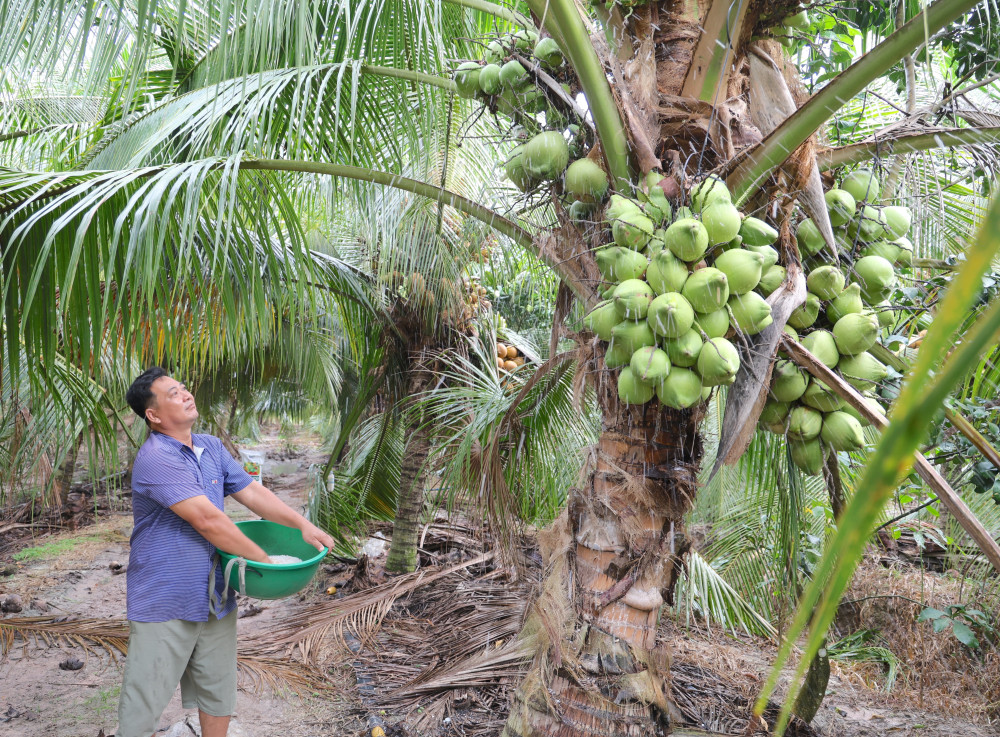
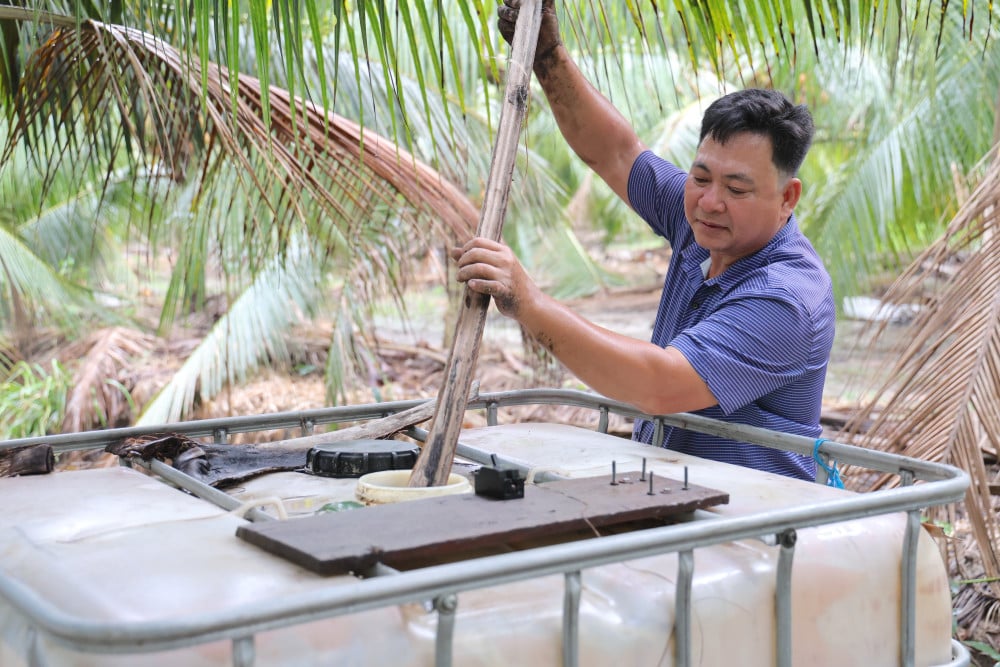
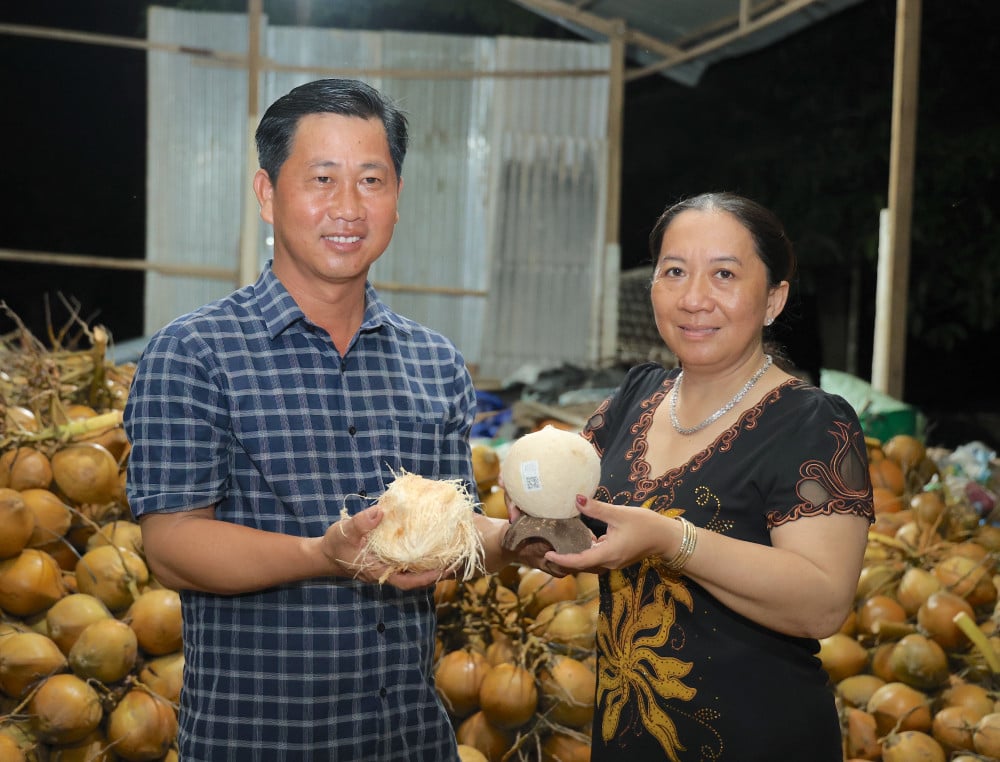
![[Photo] National Assembly Chairman Tran Thanh Man chairs the 8th Conference of full-time National Assembly deputies](https://vphoto.vietnam.vn/thumb/1200x675/vietnam/resource/IMAGE/2025/9/29/2c21459bc38d44ffaacd679ab9a0477c)

![[Photo] General Secretary To Lam receives US Ambassador to Vietnam Marc Knapper](https://vphoto.vietnam.vn/thumb/1200x675/vietnam/resource/IMAGE/2025/9/29/c8fd0761aa184da7814aee57d87c49b3)
![[Photo] General Secretary To Lam attends the ceremony to celebrate the 80th anniversary of the post and telecommunications sector and the 66th anniversary of the science and technology sector.](https://vphoto.vietnam.vn/thumb/1200x675/vietnam/resource/IMAGE/2025/9/29/8e86b39b8fe44121a2b14a031f4cef46)

![[Photo] Many streets in Hanoi were flooded due to the effects of storm Bualoi](https://vphoto.vietnam.vn/thumb/1200x675/vietnam/resource/IMAGE/2025/9/29/18b658aa0fa2495c927ade4bbe0096df)
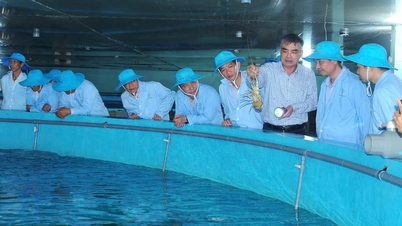

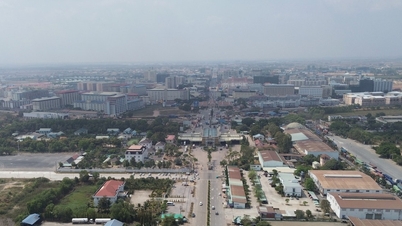






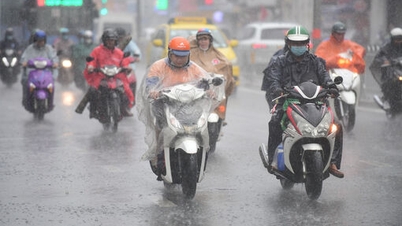



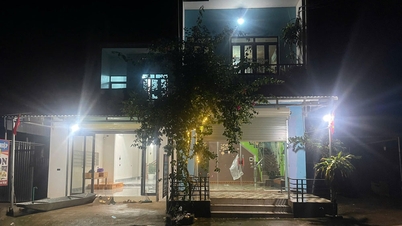





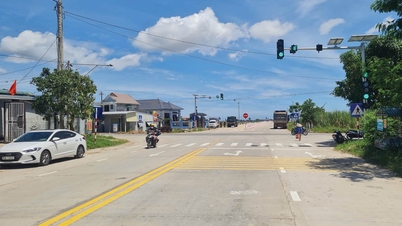







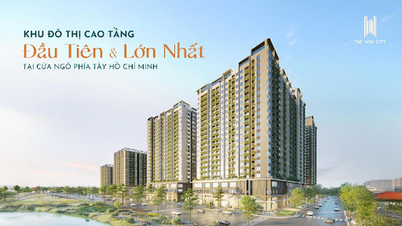









































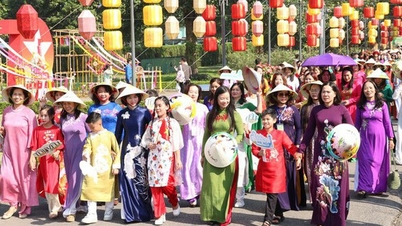

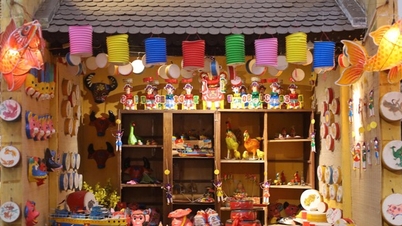








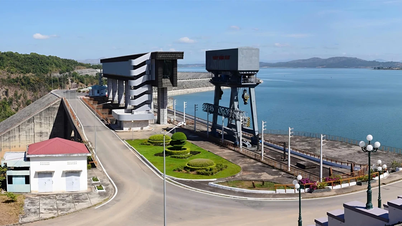

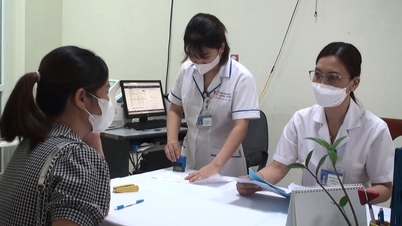


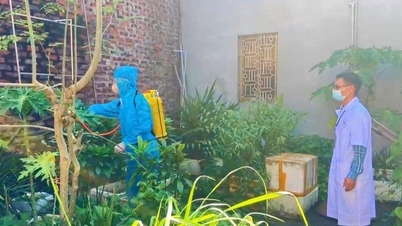








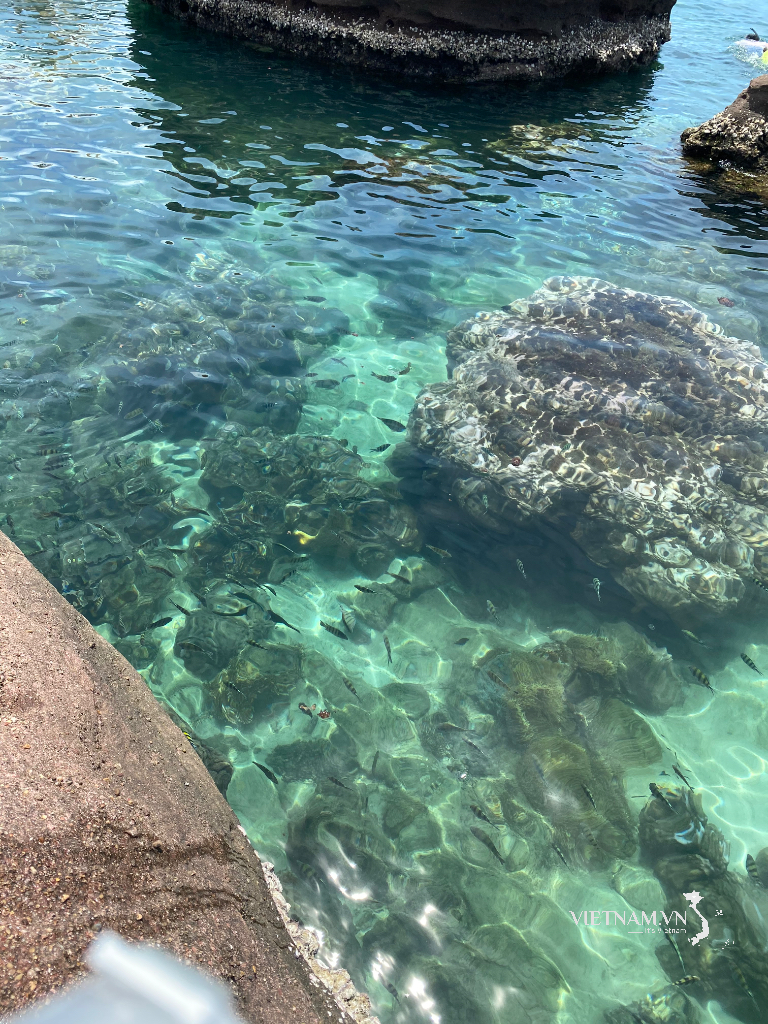



Comment (0)